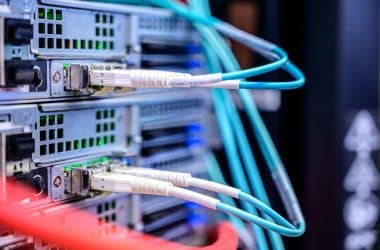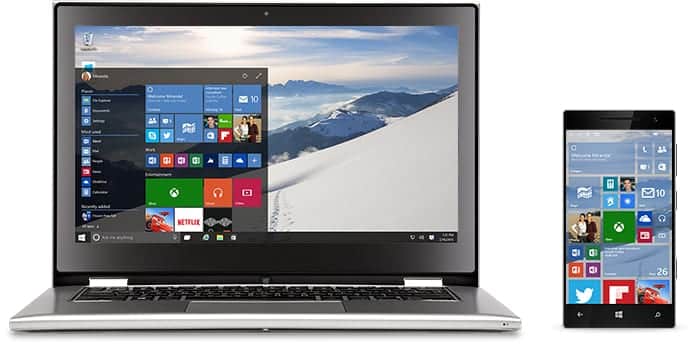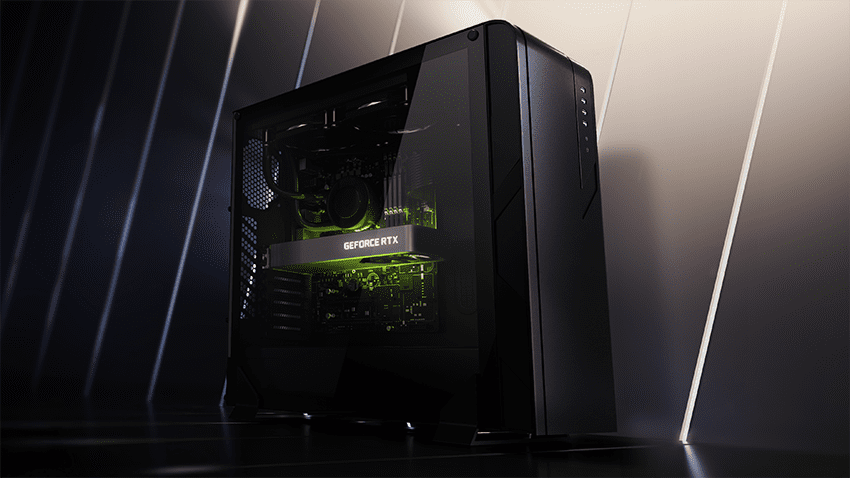Encryption is right up there with the best protection that humanity has ever had for its data. It works. However, some people aren’t 100% certain about what encryption actually does and how it protects your smartphone.
Encryption is a cryptographic concept that entails the use of an algorithm to convert human-readable data (called unencrypted data or plain text in some cases) into a non-human-readable form (encrypted, not to be confused with encoded).
That is what makes it difficult for thieves to use your online banking, PayPal, or other passwords if they have intercepted them by ‘sniffing’ the packets transmitted from your device to financial institutions’ servers while you log in.
Encryption also prevents hackers (although nothing is foolproof, it is effective) from stealing your passwords from servers themselves and logging in/robbing you. Encryption protects your smartphone by rendering the personal information on it unreadable, deterring identity theft. All it does is make your data unreadable, but that is still of paramount importance to your security.
What Encryption Doesn’t Do
This is not an exhaustive list of everything that encryption doesn’t do for you, but it mentions key scenarios in which it can’t help you. Encryption is a great thing which should be used in addition to other security measures. It is essential.
Protection From Keyloggers
Normally, encryption only encrypts data during storage, and during transmission. Keyloggers monitor your keystrokes as you type, so they may intercept passwords and send them to the thieves that created them. Operating systems allow apps to ‘listen’ to your keystrokes, as that enables you to type. Keyloggers exploit this functionality and encryption doesn’t stop them.
To avoid keyloggers, it’s best to (never) visit websites that you don’t know. If you visit an infested website (for example: piracy websites), your device can be infected. It doesn’t matter if you only visit the website occasionally. The Brave browser also helps a bit by blocking scripts (depending on your configuration).
Malware (Malicious Software)
Malware is software created for malicious purposes such as damaging your device, erasing your data, and anything else harmful. Malware is a very broad term that encompasses many software-related security threats, but i’m referring specifically to malware that doesn’t try to access your data.
You can also install security software such as Norton, Mcafee, or Bitdefender to block and scan for all these things.
You can also use VPN-based security services as well that attempt to block malware and some scripts that have the potential to do harm (NordVPN’s CyberSec does this). Any one of the above solutions isn’t enough by itself. I think you should try all of them (not all three antivirus programs, though. just one).







